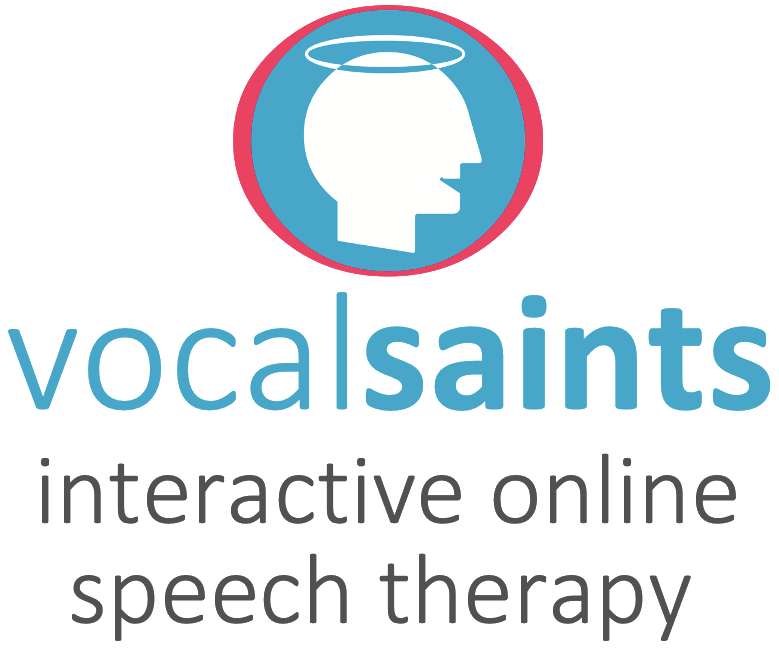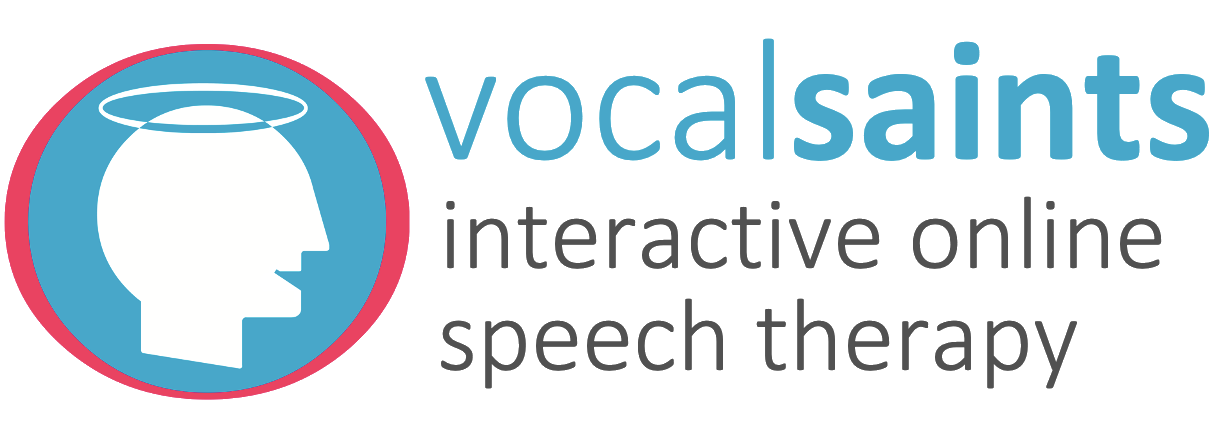Verbal Dyspraxia or Childhood Apraxia of Speech

Childhood Apraxia of Speech (CAS) – also known as Verbal Dyspraxia – is a motor speech disorder, which means children with CAS have problems articulating sounds, syllables and words. This is not because of muscle weakness or paralysis, but rather because the brain has problems planning to move the body parts needed for speech. The child knows what he or she wants to say, but has difficulty coordinating the tongue, lip and jaw movements necessary to say those words. This tends to have a negative knock-on effect into sequencing words into sentences. In isolation, children who struggle in this area are often very creative non-verbally and will try to express themselves using little to no spoken words.
Symptoms of Verbal Dyspraxia
A child with Verbal Dyspraxia find it hard to pronounce words correctly, but this will appear differently depending on the child’s age. Also note that not all children with CAS are the same, so it may be that only a selection of the signs and symptoms listed below are present in every child. That said, a Speech-Language Therapist will look for certain common symptoms in younger children, which include the following:
- A lack of cooing or babbling as an infant.
- First words arriving late, and possibly missing sounds.
- Difficulties with oral-motor control, such as tongue coordination.
- Language regression, where a child loses words that he or she was formerly able to say.
- Ability to make only a limited range of consonant and vowel sounds.
- Problems combining sounds into longer words; may show long pauses between sounds.
- Frequent simplification of words by replacing or deleting difficult sounds.
- Problems with eating or drooling may also be present.
The issues an older child with CAS faces may be subtler, such as inconsistent speech sound errors, trouble imitating speech, or visible struggles in the coordination of lip, tongue and jaw movements. The older child may sound monotonous or place stress on the wrong syllable in a word, and these difficulties may be at their worst when the child is anxious or fatigued.
At any age, children with CAS / Verbal Dyspraxia are likely to be delayed in their language development. They may also experience sensitivity in their mouths, such as a dislike for tooth-brushing or crunchy foods. School kids with Verbal Dyspraxia are more likely have literacy-based problems, i.e. trouble when learning to read, spell, and write. Fortunately, in the aftermath of a 2015 inquiry by the NZ Government into supporting Dyspraxic school children, our education system is becoming more aware of the presence of Verbal Dyspraxia in schools. With that in mind, if your child’s teacher reports frequent difficulties with literacy, social interaction, speech production or general word-retrieval, it is worth considering diagnosis for Dyspraxia/CAS.
Diagnosis of Verbal Dyspraxia
To diagnose Verbal Dyspraxia, a Speech-Language Therapist (SLT) will assess the child’s oral-motor abilities, melody of speech, and overall speech sound development. It’s crucial at the early stages for the SLT to also spend time ruling out other speech disorders too. The SLT may utilise a range of techniques to assess a child for CAS, including the following:
- Testing mouth coordination by having the child imitate non-speech actions such as smiling and lip-puckering.
- Evaluating the sequencing of muscle movements while the child repeats tongue-twister-like phrases.
- Testing the child’s skills in functional or “real-life” situations, such as licking a lollipop.
- A Therapist may also examine the child’s literacy, comprehension and expressive language skills to see if there are co-existing problems in these areas.
Treating Verbal Dyspraxia
Research shows that children with CAS have more success when they receive frequent support in the early stages of treatment. Whether that means they work one-on-one with a SLT or with their parents, practicing daily will best help to strengthen the child’s muscles of speech and improve their neuromuscular coordination. Some kids, for whom Verbal Dyspraxia makes speech especially difficult, need a short-term communicative aids such as sign language or assistive communication device. Technology is becoming more common at all stages of treatment, with applications designed to assist fine motor skill development becoming an affordable approach that both parents and professionals can put to use.
To summarise, CAS / Verbal Dyspraxia is a disorder affecting the coordination of a child’s muscles of speech, and which is treated by a Speech-Language Therapist working alongside parents and teachers to strengthen the kid’s speech muscles. Treatment is all about persistence; with frequent practice, CAS children can enjoy eloquent speech, academic success and a full social life.






